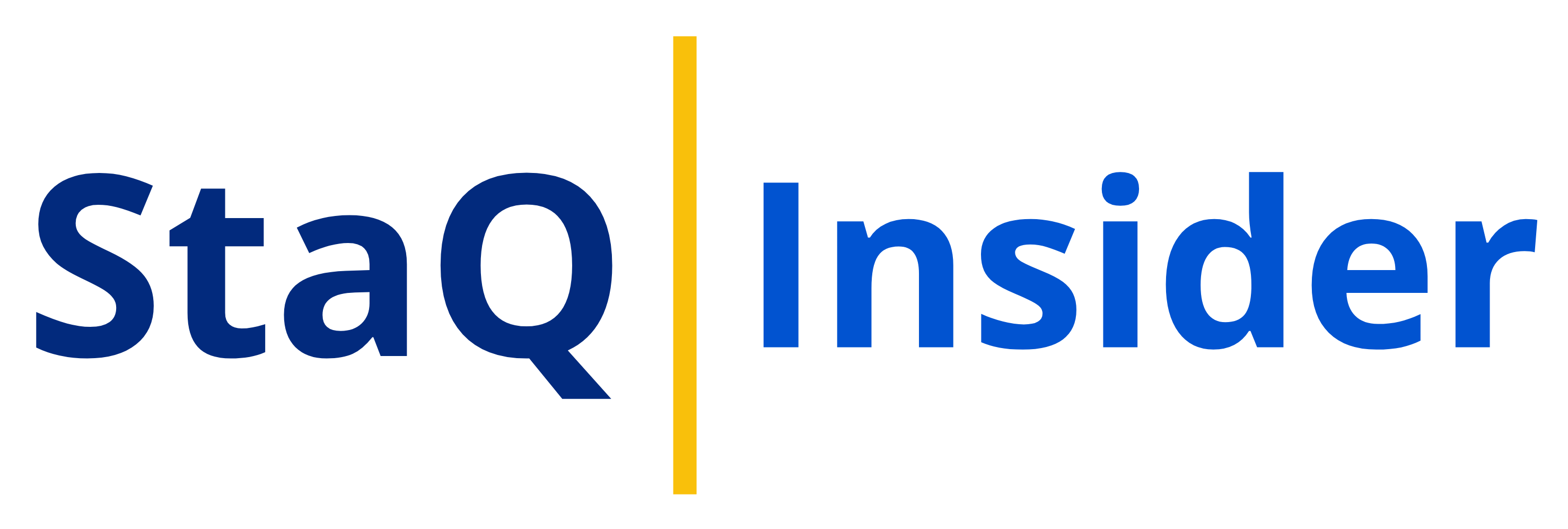Product management is a complex and challenging role that requires a combination of skills, experience, and resources. Product managers are responsible for identifying opportunities, developing strategies, defining requirements, and managing teams to deliver successful products. In this article, we will explore the ultimate toolkit for product managers, which includes a variety of tools and resources that can help you in your day-to-day work.
-
Product Management Software:
Product management software is an essential tool for product managers. These tools help you organize your work, track progress, and collaborate with your team. Popular options include Asana, Trello, Jira, and Basecamp. These tools allow you to create tasks, assign them to team members, and track progress over time. They also provide features like calendars, timelines, and dashboards to help you stay on top of your work.
-
Analytics Tools:
Analytics tools are another essential tool for product managers. These tools help you track how your product is performing and how users are engaging with it. Popular options include Google Analytics, Mixpanel, and Amplitude. These tools allow you to track user behavior, measure key metrics, and make data-driven decisions. They also provide insights into user demographics, geographic location, and other factors that can help you refine your product strategy.
-
Design Tools:
Design tools are important for product managers who want to create wireframes, prototypes, and designs for their products. Popular options include Sketch, Figma, and Adobe XD. These tools allow you to create mockups and prototypes that can be used to test and validate your product ideas. They also provide features like collaboration, versioning, and integration with other tools to help you streamline your design process.
-
Customer Feedback Tools:
Customer feedback tools are critical for product managers who want to gather feedback from their users. Popular options include UserTesting, SurveyMonkey, and Typeform. These tools allow you to conduct user surveys, usability tests, and other types of feedback gathering. They also provide features like analytics, user segmentation, and integration with other tools to help you make data-driven decisions.
-
Project Management Tools:
Project management tools are essential for product managers who want to manage their teams and track progress. Popular options include Asana, Trello, and Monday.com. These tools allow you to create tasks, assign them to team members, and track progress over time. They also provide features like calendars, timelines, and dashboards to help you stay on top of your work.
-
Communication Tools:
Communication tools are essential for product managers who want to stay in touch with their teams and collaborate with stakeholders. Popular options include Slack, Microsoft Teams, and Zoom. These tools allow you to communicate with your team in real-time, share files and documents, and conduct meetings and webinars. They also provide features like chatbots, integrations with other tools, and advanced analytics to help you streamline your communication process.
-
Productivity Tools:
Productivity tools are important for product managers who want to stay organized and manage their time effectively. Popular options include Notion, Evernote, and Todoist. These tools allow you to create to-do lists, set reminders, and organize your work in a way that makes sense to you. They also provide features like integration with other tools, collaboration, and advanced analytics to help you streamline your productivity process.
-
Market Research Tools:
Market research tools are essential for product managers who want to gather data about their market, competitors, and customers. Popular options include Crunchbase, Owler, and SimilarWeb. These tools allow you to research your market, identify competitors, and gather data about your customers. They also provide features like analytics, market reports, and integration with other tools to help you make data-driven decisions.
-
Product Development Tools:
Product development tools are critical for product managers who want to manage the development of their products. Popular options include GitHub, Bitbucket, and GitLab. These tools allow you to manage code repositories, track changes, and collaborate with developers. They also provide features like issue tracking, code reviews, and integration with other tools to help you streamline your development process.
-
Knowledge Sharing Tools:
Knowledge sharing tools are essential for product managers who want to document their products, processes, and best practices. Popular options include Confluence, Notion, and Google Docs. These tools allow you to create wikis, knowledge bases, and other types of documentation. They also provide features like collaboration, versioning, and integration with other tools to help you streamline your knowledge sharing process.
In conclusion, product management is a challenging role that requires a variety of skills and resources. By using these product management tools, marketers can streamline their work, collaborate more effectively with their teams, and make data-driven decisions that lead to successful products. Whether you are a seasoned product manager or just starting out, these tools are essential for your success.




